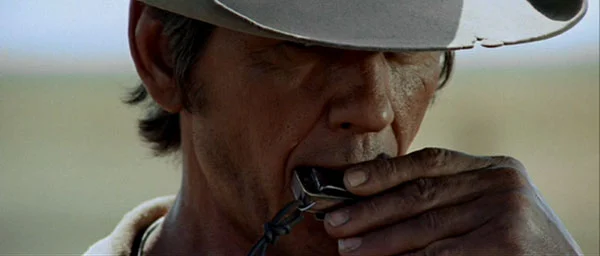Signs from the Audience: A review of Car Seat Headrest’s album ‘Teens of Denial’
February 6, 2023
In 2016, two years after signing to the music label Matador Records, indie-rock band Car Seat Headrest released their critically acclaimed album Teens of Denial. It was their first album professionally recorded in a studio, and became relatively successful, earning the band a performance on “The Tonight Show with Jimmy Fallon” and a spot on Rolling Stone’s “Top 100 Albums of 2016.” Up until this point, Car Seat Headrest self-produced and self-released albums on Bandcamp, with much lower quality sound and production. The release of Teens of Denial marked a huge shift in the band’s direction that most fans argue was for the better.
The album acts as almost a Bildungsroman, with the singer/narrator telling about his experiences as a young adult and learning how to mature. The first half of the album contains themes of depression, angst, and drug abuse, describing the narrator’s dissatisfaction with life and anger towards many of the people around him. He talks about his frustration with people invalidating his emotions in the album’s opener, “Fill in the Blank,” his struggles with drinking and depression in the song “Vincent,” and a bad experience with psychedelics in the song “Drugs with Friends.” The narrator is a troubled teenager who refuses to look inward, blaming all of his problems on outward forces.
However, the middle song, “Drunk Drivers/Killer Whales,” is the catalyst that incites his change. In it, he realizes his mistakes, saying “it doesn’t have to be like this.” He concludes that in order for his life to improve, he must as well.
The second half of “Teens of Denial” represents this, showing the narrator’s realization of his own faults and attempts to correct them. In the song “1937 State Park,” he talks about his fear of the cops in his town and seems to talk to the angrier part of himself, vowing that he will take back his life and improve. The 11-minute track “The Ballad of the Costa Concordia” is evident of his change, as he monologues about his life that has “fallen apart.” The narrator becomes self-aware, discussing his inconsistent anger and his generation’s hypocrisy. He compares himself to the actual Costa Concordia, a ship that sank due to the miscommunication and incompetence of the engineers. At the end of “Teens of Denial,” the narrator isn’t perfect, but has significantly matured. He has learned how to “make it on his own” and become a functioning adult.
This album has been a huge favorite of mine for a couple of years now. I was recommended it by a friend, and quickly became a huge fan of its sound and lyrics. It changed my perspective on rock music, as I had never realized that music could be structured in a way to tell a cohesive story. Fans of the Strokes, Weezer, Radiohead, and other indie-rock bands should definitely check it out, as Car Seat Headrest takes inspiration from them and transforms it into something unique.
“Teens of Denial” is a great album, with a grunge-influenced sound and indie rock aspects. The lyrics are complicated yet memorable, funny at moments and depressing at times. None of the lines should be overlooked for their lack of depth, as many of them contain literary or biblical references.
The album discusses topics that are very relatable for younger people, like the struggles of growing up and dealing with early adult life. Concepts like mental illness are often explored though music, but rarely through the lens of an angsty teenager who refuses to be introspective. Its themes of irrational anger are relatable and almost comical. “Teens of Denial” doesn’t treat its listener like the punching bag for the narrator’s emotions, but more as the viewer of a coming-of-age film. It’s aware of its own corniness at times, and makes it work. It is easy for the listener to understand where the narrator is coming from, and empathize with him.
The only weaker aspects of the album are the rather long instrumental breaks and monologues (like the ones found in the song “Vincent” and “Connect the Dots”) and the fact that lyrics in some songs get repetitive. Many people criticize it for its straying away from classic, lo-fi Car Seat Headrest sound. However, those are subjective complaints and the weaker aspects of “Teens of Denial” are far overshadowed by its strengths.
I would give this album 5 out of 5 stars, and highly recommend it.










